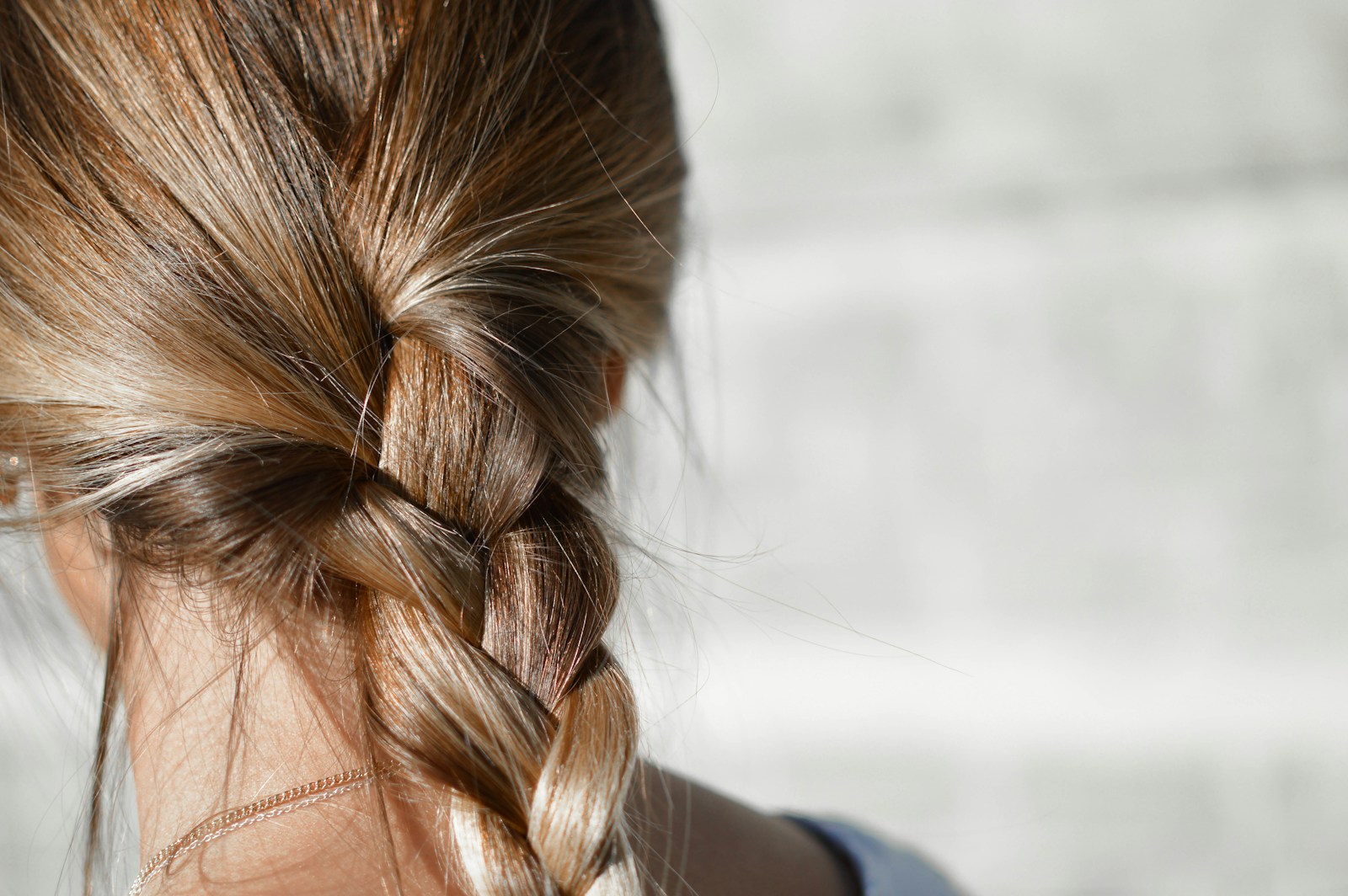![]()
Does Creatine Cause Hair Loss?
Creatine is a popular supplement used by athletes and fitness enthusiasts to enhance performance and build muscle mass. Despite its benefits, there has been ongoing debate and concern surrounding its potential side effects, particularly regarding hair loss. In this article, we will explore the relationship between creatine and hair loss, examining scientific research and expert opinions to determine if there is a direct link between the two.
What is Creatine?
Creatine is a naturally occurring compound found in muscle cells and certain foods such as red meat and seafood. It plays a vital role in the production of adenosine triphosphate (ATP), the energy currency of the body. By supplementing with creatine, individuals aim to improve athletic performance, increase strength, and accelerate muscle recovery.
The Link Between Creatine and Hair Loss
The question of whether creatine causes hair loss stems from anecdotal reports and some limited research. However, the scientific evidence on this topic remains inconclusive, and many experts argue that the link between creatine and hair loss is not well-established. Let’s delve into the possible connection.
1. Creatine and Dihydrotestosterone (DHT)
One theory suggests that creatine supplementation may increase levels of dihydrotestosterone (DHT), a hormone associated with hair loss. A 2009 study published in the Journal of Strength and Conditioning Research found that male rugby players who took creatine experienced a significant increase in DHT levels over a three-week period. Elevated DHT levels have been linked to hair loss, particularly male pattern baldness.
However, the study had some limitations, such as a small sample size and a short duration, which may not provide definitive conclusions. More research is needed to establish a causal relationship between creatine supplementation and hair loss through DHT elevation.
2. Genetics and Hair Loss
Genetics plays a significant role in hair loss, especially in male pattern baldness. Individuals with a genetic predisposition to hair loss may be more susceptible to experiencing it, regardless of creatine supplementation. This makes it challenging to determine if creatine is the direct cause of hair loss or if it is a contributing factor in genetically predisposed individuals.
3. Other Factors
Hair loss can be influenced by various factors such as age, stress, diet, and overall health. It’s important to consider these factors when evaluating the potential impact of creatine on hair loss.
Expert Opinions
Many experts believe that the link between creatine and hair loss is not well-substantiated. They emphasize that the current body of evidence is limited and does not support a direct causal relationship between creatine supplementation and hair loss. Most of the available research is anecdotal, and larger, more rigorous studies are needed to draw definitive conclusions.
Recommendations for Creatine Use
Based on the current understanding, here are some recommendations for individuals considering creatine supplementation:
- Consult a Healthcare Professional: Before starting any new supplement regimen, it’s essential to consult with a healthcare professional, especially if you have a history of hair loss or other medical conditions.
- Monitor Your Response: Pay attention to any changes in your body, including hair health, while taking creatine. If you notice unusual hair loss, consult your healthcare provider.
- Follow Recommended Dosages: Stick to the recommended dosages for creatine supplementation and avoid excessive intake, as it may increase the risk of side effects.
- Consider Alternatives: If you are concerned about potential side effects, consider alternative supplements or consult a healthcare professional for personalized advice.
Conclusion
In conclusion, the relationship between creatine and hair loss is not well-established, and more research is needed to draw definitive conclusions. While there is some evidence suggesting a potential link between creatine and increased DHT levels, the current body of research is limited and inconclusive. Therefore, individuals should approach creatine supplementation with caution and seek professional advice if they have concerns about hair loss.
